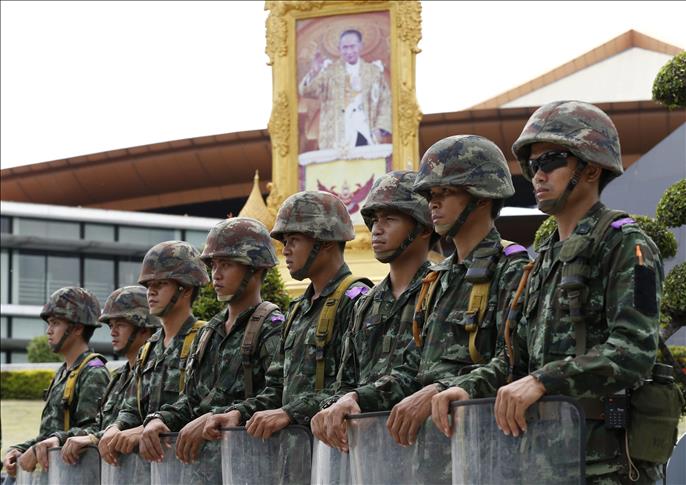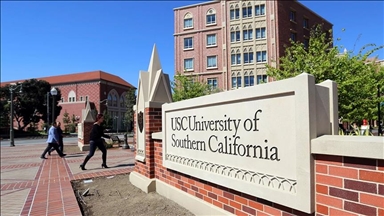
By Max Constant
BANGKOK
Thailand’s junta has extended an olive branch to Muslim separatists by inviting rebels living in exile to visit their home in the south during the Islamic holy month of Ramadan, as violence continues unabated in the region bordering Malaysia.
Colonel Somdej Yotha, a local officer acting on behalf of the army’s regional commander, told Khaosod online Tuesday that the army “will permit rebels who have gone to live in Malaysia to visit their home and practice religious activities.”
He added that certificates would be delivered to the separatists as a safety-guarantee during their travel.
Army officers met Tuesday with former members of the Barisan Revolusi Nasional-Coordinate, or BRN-C, one of the most active separatist movements on the ground.
The former separatists were told to convey the invitation to the leaders of rebel groups living in Malaysia.
Depending on the observation of the moon by Muslim authorities, the month of fasting should begin June 17 in Thailand. In the past years, it has often been a period of increased insurgent activity.
Among the insurgency leaders targeted by the invitation are Hasan Taib, a core leader of the BRN-C who was the main rebel negotiator during peace talks with the government in 2012 and 2013.
Another is Kastori Mahkota, a leader of the Pattani United Liberation Organization, a separatist group created in the 1960s that is comparatively less active on the ground. Taib lives in Malaysia, while Mahkota has been a long-time resident in Sweden.
The Thai junta is preparing a new round of negotiations with representatives of the two rebel groups, either at the end of this month or the beginning of June.
But amid military attempts to show goodwill, more violence erupted as two civilians, a former teacher and a village chief were shot dead Tuesday afternoon while driving along a road in Yaring district, Pattani province.
“The attackers were on another vehicle and sprayed their [the victims’] car with bullets. They fled afterwards,” police investigator Pavit Krajangsri told Anadolu Agency.
The three southernmost Thai provinces -- Pattani, Yala and Narathiwat -- constituted an independent Islamic sultanate with great religious influence in the Southeast Asian Muslim world until it was incorporated into Siam after a 1909 Anglo-Siamese agreement.
Great Britain was then the colonial power in Malaysia and was exerting a degree of control over the region.
Great Britain was then the colonial power in Malaysia and was exerting a degree of control over the region.
From 1938, a virulently nationalistic campaign organized by Field Marshall Phibulsongkhram government tried to impose Thai cultural norms onto the Malay Muslims, who reacted by asking for some degree of political and cultural autonomy.
Things turned for the worse in the 1960s, when the military dictator Field Marshall Tarit Sanarat attempted to control the Islamic boarding schools, locally known as pondoks.
Several Muslim groups then took up arms and waged a guerrilla war against the Thai state.
The insurgency petered out towards the end of the 1980s but was renewed in January 2004 when a wave of attacks against the military, police and Buddhist monks rocked the region.
Since then, violence has continued unabated, leaving more than 6,200 dead and around 11,000 injured.
Anadolu Agency website contains only a portion of the news stories offered to subscribers in the AA News Broadcasting System (HAS), and in summarized form. Please contact us for subscription options.


